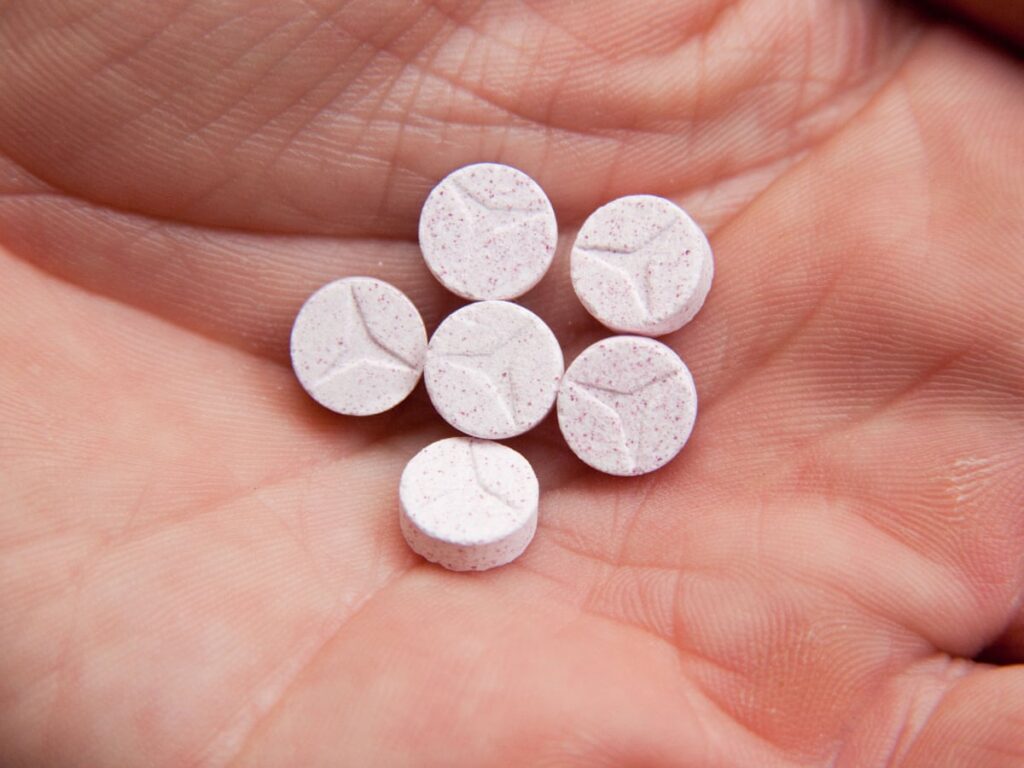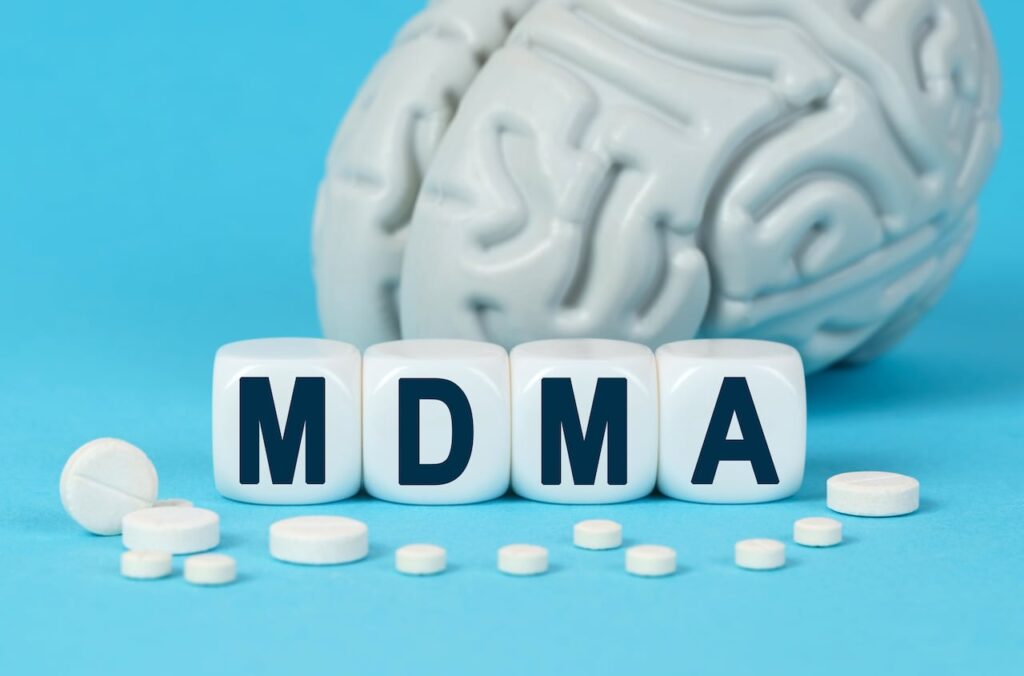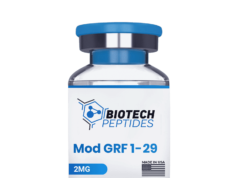MDMA, also known as ecstasy or Molly, is a synthetic psychoactive drug that gained popularity in the 1980s and 1990s as a recreational substance. However, recent research has explored the potential clinical benefits of MDMA in various therapeutic settings.
The relationship between MDMA and physical performance
Traditionally, it has been associated with euphoria, increased sociability, and heightened sensory perception. These effects, combined with their impact on the release of neurotransmitters such as serotonin, dopamine, and norepinephrine, make it an appealing substance for individuals looking to enhance their workout routines.
However, it is important to note that the use of substances for physical performance enhancement is not without risks and potential side effects. While most studies focus on clinical effects of mdma on mental health, there is a growing interest in understanding how MDMA can enhance physical performance during workouts.
Effects of MDMA on endurance and stamina

One of the primary reasons individuals turn to this way for physical performance enhancement is its purported impact on endurance and stamina.
Some users claim that it allows them to push through physical limitations and engage in high-intensity workouts for extended periods. While there is limited scientific research specifically focused on this aspect, anecdotal evidence suggests that MDMA may indeed enhance endurance and stamina in some individuals.
However, it is crucial to approach this claim with caution, as the effects of drugs can vary greatly from person to person.
Impact of MDMA on muscle recovery and pain tolerance
Another potential benefit of MDMA for physical performance enhancement is its impact on muscle recovery and pain tolerance. Some individuals report that MDMA helps them recover faster from intense workouts, reducing muscle soreness and discomfort.
Additionally, MDMA’s ability to induce feelings of pleasure and well-being may contribute to an increased pain tolerance during exercise.
However, it is important to note that these claims are largely based on personal experiences and anecdotal evidence, and further scientific investigation is needed to confirm these effects.
MDMA and cognitive performance during workouts

In addition to its potential impact on physical endurance and recovery, this may also have cognitive benefits during workouts. Some users claim that MDMA enhances focus, motivation, and overall mental clarity, allowing them to perform at their best during exercise.
However, it is important to approach these claims with caution, as the effects of MDMA on cognitive function can be highly subjective and may vary from person to person. Furthermore, the long-term effects of MDMA on cognitive performance remain largely unknown.
Potential risks and side effects of using MDMA for workouts
While some individuals may experience positive effects from using this substance for physical performance enhancement, it is crucial to consider the potential risks and side effects associated with its use.
MDMA can elevate heart rate and blood pressure, leading to increased cardiovascular stress during workouts. Moreover, MDMA can cause dehydration, which can be particularly dangerous when combined with intense physical activity.
Additionally, the use of this product can lead to adverse psychological effects such as anxiety, depression, and mood swings, which may negatively impact overall workout performance and mental well-being.
Precautions and responsible use of substances for physical performance enhancement

If considering using MDMA to enhance physical performance, it is essential to approach it with caution and responsibility. Firstly, individuals should consult with a healthcare professional to assess their overall health and determine if this is safe for them.
It is also crucial to educate oneself about the potential risks and side effects of MDMA and to use it in moderation. Additionally, individuals should ensure proper hydration and monitor their heart rate and body temperature during workouts.
Finally, it is essential to be mindful of potential interactions between this one and other medications or substances, as these can have serious consequences for one’s health.
Alternative methods to enhance workout routine without MDMA
While MDMA may offer some benefits for physical performance enhancement, it is not the only option available. There are several alternative methods that can be incorporated into one’s workout routine to enhance endurance, stamina, and recovery.
These include proper nutrition, adequate hydration, regular exercise, sleep optimization, and the use of legal supplements such as creatine, caffeine, and beta-alanine.
By focusing on these factors, individuals can improve their overall physical performance in a safe and sustainable manner.
Personal experiences and anecdotal evidence on MDMA use for workouts

While scientific research on the clinical effects of MDMA on physical performance is limited, there is a wealth of personal experiences and anecdotal evidence available.
Many individuals report positive effects from using MDMA to enhance their workouts, such as increased energy, improved focus, and enhanced mind-muscle connection.
However, it is crucial to approach these accounts with caution, as personal experiences can be subjective and may not reflect the overall effects of drugs on physical performance.
Conclusion: Considering the pros and cons of using MDMA for physical performance enhancement
In conclusion, the use of medicament for physical performance enhancement is a topic that requires further scientific investigation. While some individuals may experience positive effects such as enhanced endurance, muscle recovery, and cognitive performance, it is important to consider the potential risks and side effects associated with its use.
Furthermore, alternative methods to enhance workout routines without MDMA should be explored and prioritized. Ultimately, individuals should approach the use of MDMA for physical performance enhancement with caution, responsibility, and a comprehensive understanding of its potential effects on overall health and well-being.




